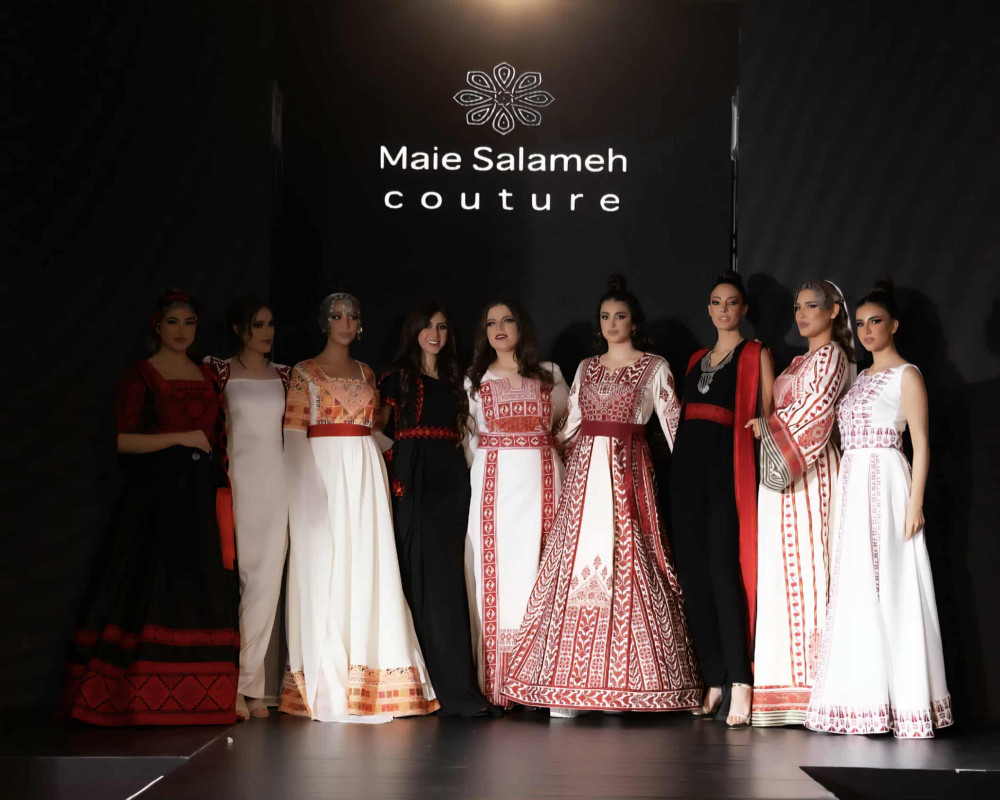Ramallah, West Bank / PNN / Story by Wisal Abu-alia
The journey of Palestinian heritage fashion designer Mai Salameh has become a story of resilience, cultural preservation and women’s leadership. Her work, rooted in personal history and national memory, has transformed traditional embroidery into a contemporary global language — positioning her as one of the most distinctive creative voices in Palestine today.
A Childhood Shaped by a Village That No Longer Exists
Salameh was born in al-Bireh, but her heart never strayed far from Yalu, the village from which her family was displaced in 1967. She grew up in a home where memory was sacred, where she learned that identity is not an abstract concept but a lived detail stitched into everyday life.
Although she pursued a degree in psychology at Birzeit University, her real passion had been quietly forming since childhood: fashion design.
“Identity chooses us,” she often says. That belief crystallised the moment she stumbled upon her mother’s old embroidered dress — the dress that changed everything.
The Turning Point: A Mother’s Dress That Opened Every Door

In 2008, Salameh found a hand-embroidered dress her mother had made decades earlier. It was more than fabric; it was a remnant of a demolished village and the stories of women who stitched the homeland one thread at a time.
She redesigned the dress, blending traditional motifs with the colours of the Palestinian flag and modern materials. When she wore it publicly, people were struck not only by its aesthetic detail but by the way it presented heritage anew.
“It was the moment I knew this was no longer a hobby — it was a responsibility,” she recalls.
From that point, Salameh immersed herself in craftwork: unpicking and reconstructing traditional garments, studying stitches, reviving patterns such as al-qasabeh, al-tahrirah and the distinctive rural embroidery that defines Palestinian dress. Gradually, her artistic identity emerged: modernity that does not clash with authenticity, and authenticity that is not frozen in the past.
From a One-Room Workshop to ‘Mai Couture’: A Dream Built Under Restriction
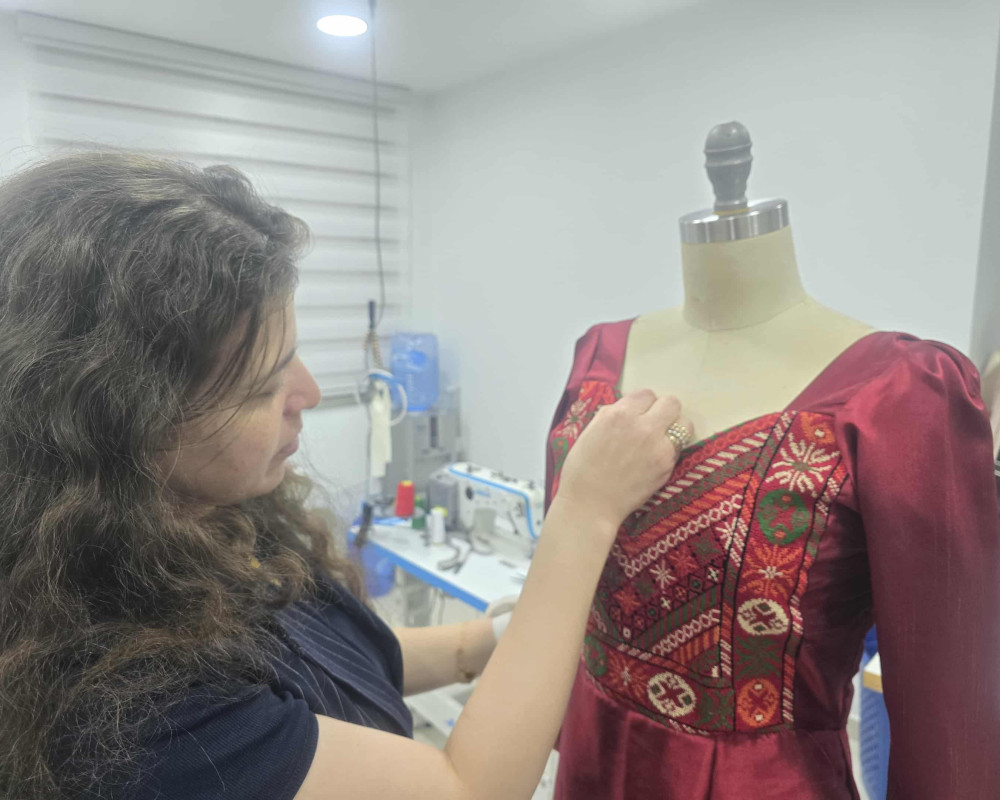

What began as a small operation making pieces for friends grew rapidly. She opened a modest workshop staffed by one woman — then five, then ten, eventually forming a full team of women supporting their households amid harsh economic conditions.
Her brand, “Mai Couture,” took shape around a simple idea: heritage is not static, but a living material that can become fashion without losing meaning.
The journey was far from easy. Salameh faced shortages of raw materials, movement restrictions, and the challenges of running a business under occupation. Still, she turned each obstacle into motivation.
Design alone was not enough; she became a trainer, mentor and employer, teaching students from universities across Palestine.
International Recognition: Palestinian Dress on Global Stages
As digital tools entered the fashion world, Salameh was among the first Palestinian designers to adopt modern pattern-making, digital illustration and online marketing to elevate traditional dress globally.
Her work soon reached international platforms, worn by presenters, beauty queens and Palestinian public figures abroad. One of her notable designs — “The Phoenix Dress” — was worn by Palestinian swimmer Valerie Tarazi at the Paris Olympics and in Saudi Arabia, symbolizing rebirth from ashes as a metaphor for Palestine.

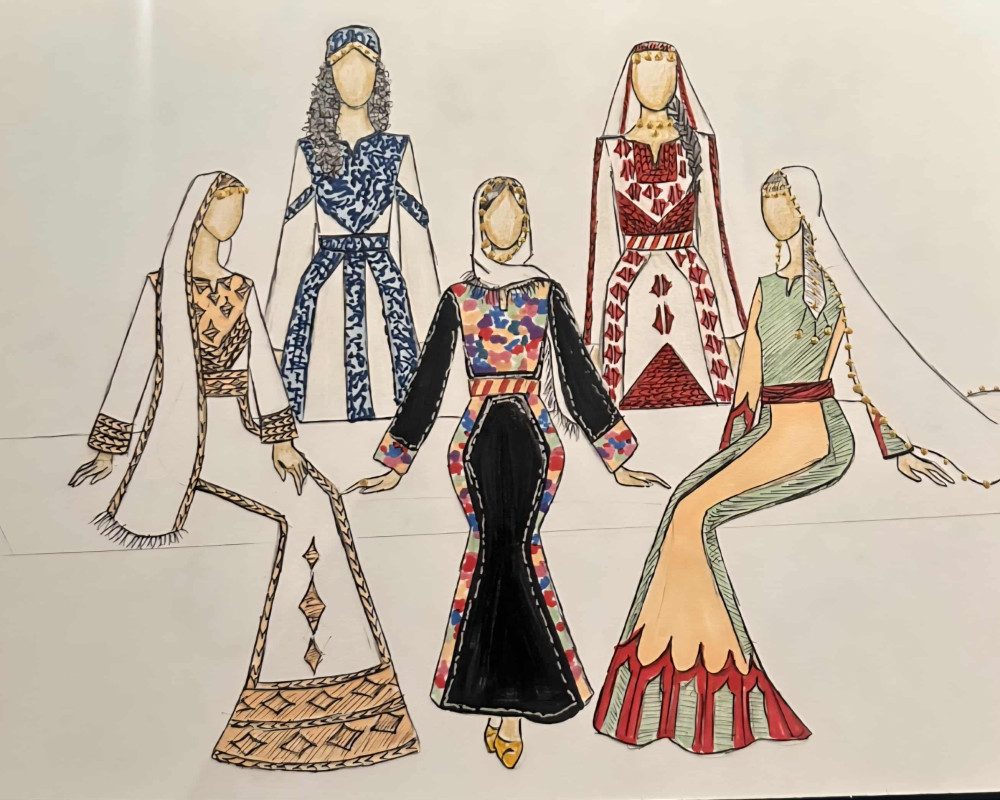
She was honored by the Ministry of Economy in 2019 and 2020 as one of the leading figures in revitalizing Palestinian fashion — recognition that reflected how individual effort can shape collective cultural impact.
Looking Ahead: A Decade of Vision and Generational Legacy
When asked where she sees herself in ten years, Salameh answers with certainty: “I see myself more present globally — and I see Palestinian dress everywhere.”
To her, the future is not merely commercial expansion. It is a cultural, economic and educational project — a plan to ensure that the next generation learns embroidery, understands heritage, and participates in a global industry without abandoning its identity.
Her message to Palestinian women is clear: “Never step back. Never abandon your dream, no matter the circumstances.”
A Woman Determined to Save Memory and Shape a Better Future
Salameh’s story is more than that of a designer; it is the story of a woman determined to salvage what remains of a besieged country’s memory and stitch it into beauty. In every creation — from her mother’s dress to the Canaanite-inspired phoenix — she offers one message:
Palestine rises again, thread by thread.
Through her work, heritage breathes, identity survives, and a new path opens for future generations to see their homeland as it should be seen: vibrant, enduring and always capable of renewal.
“This story was produced by PNN as part of the Khutuwat (Steps) project, which is implemented by Media Plus with funding from the European Union.”.

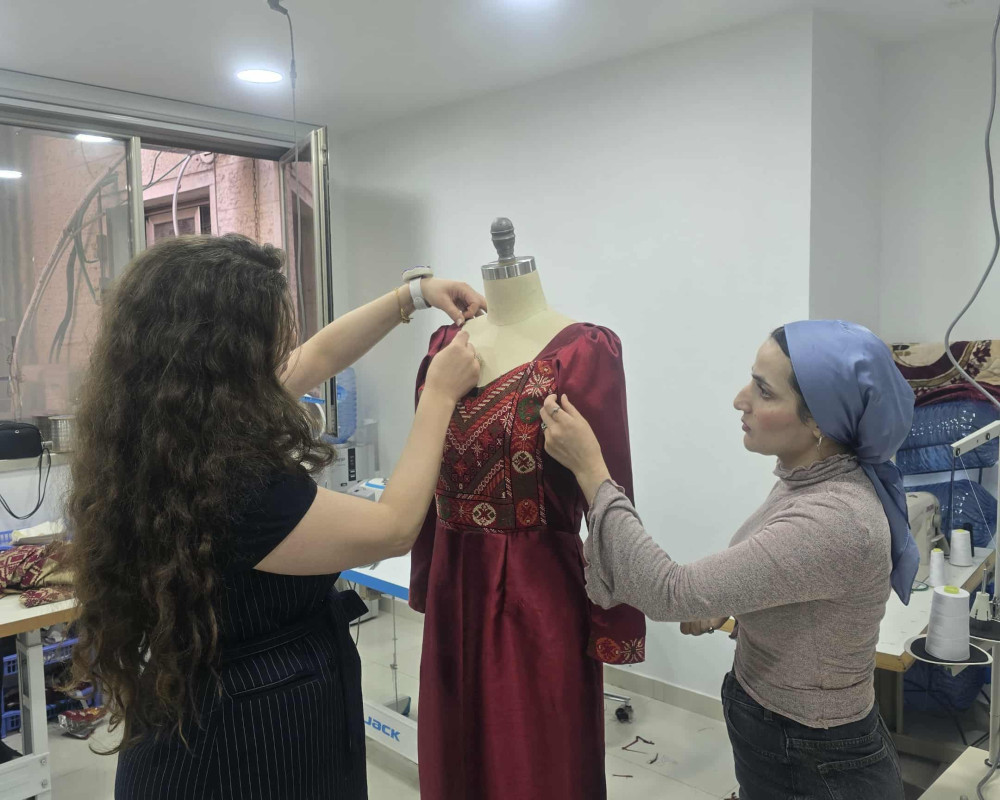
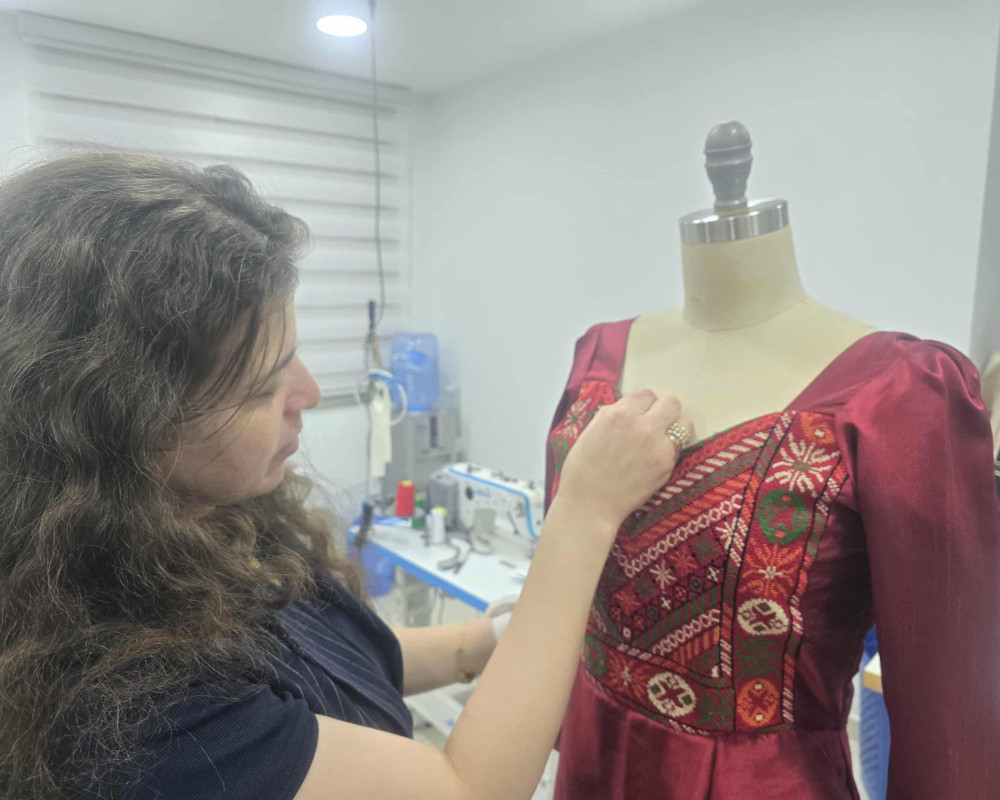
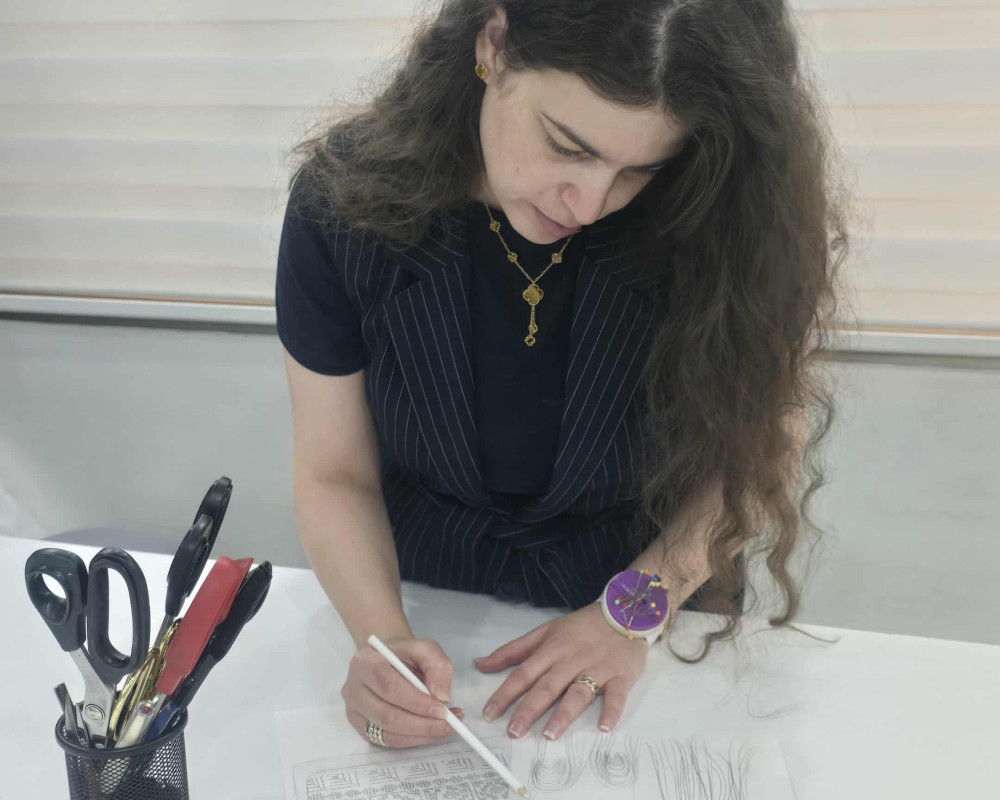
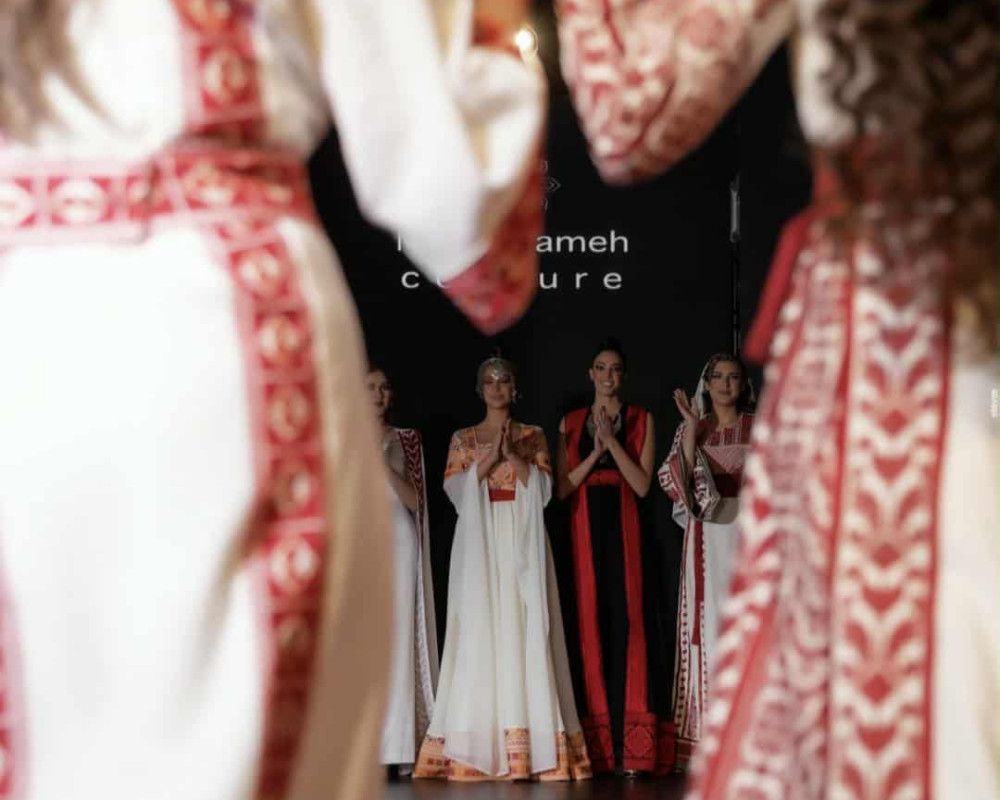
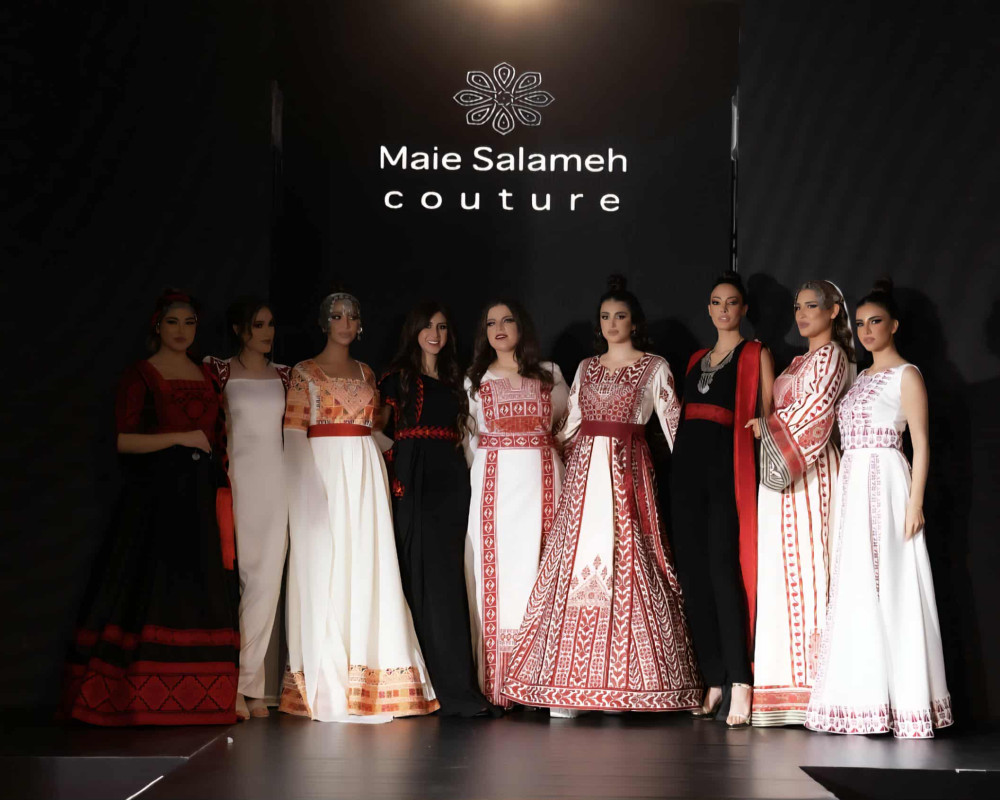

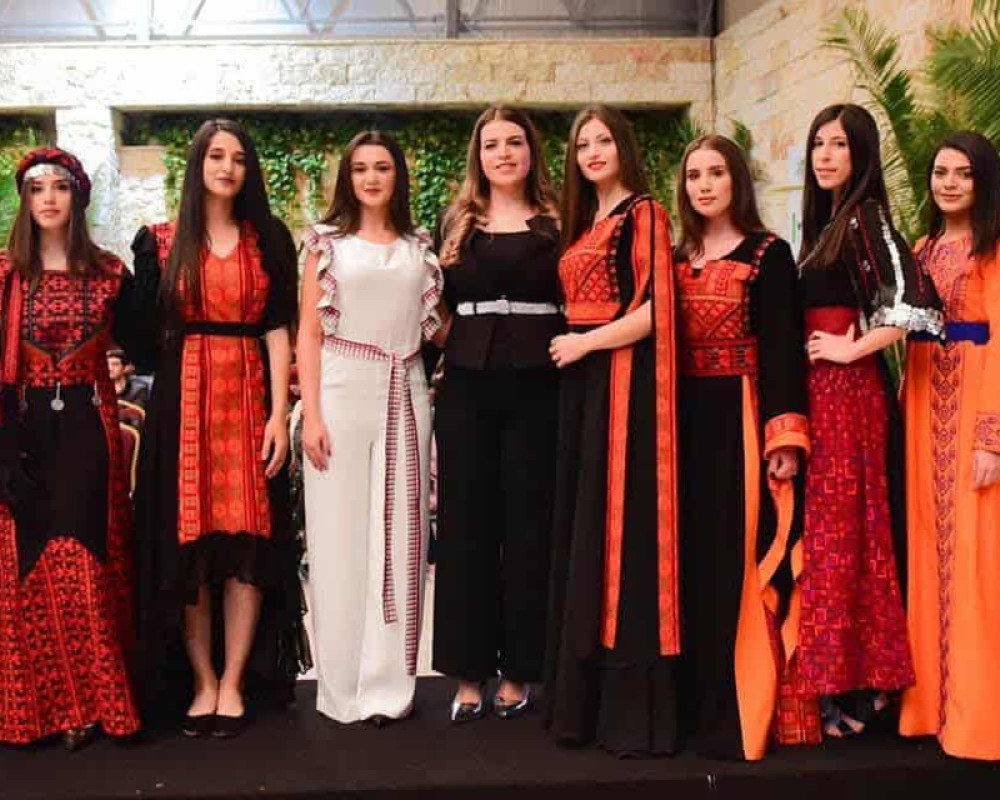
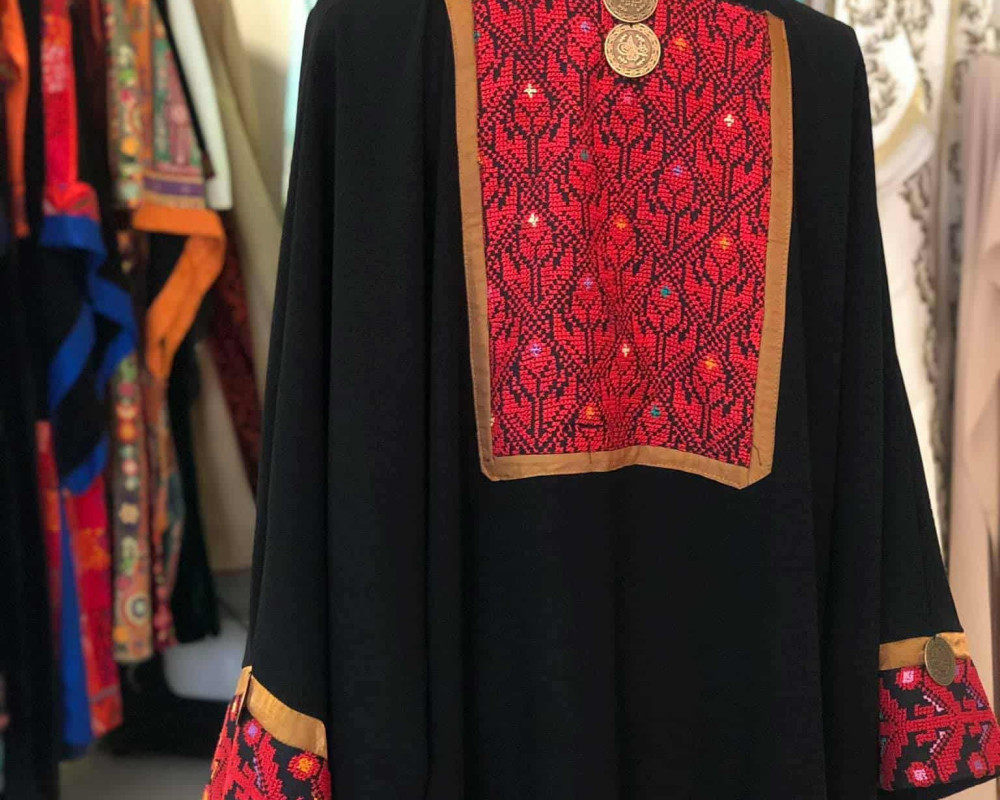

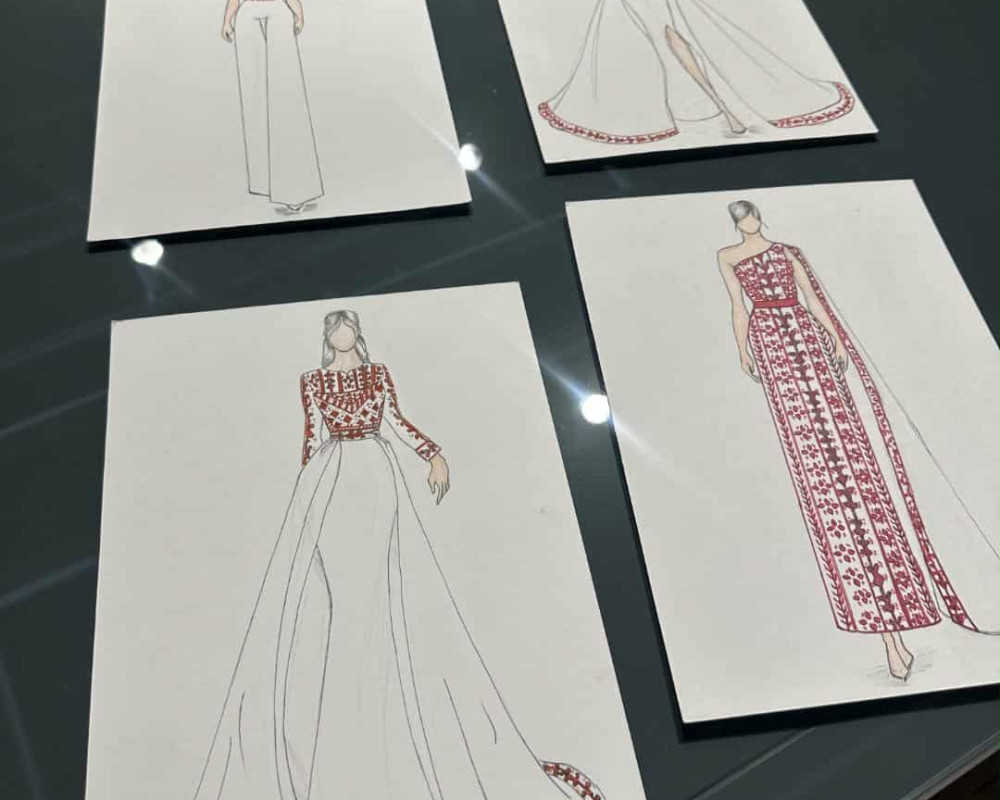
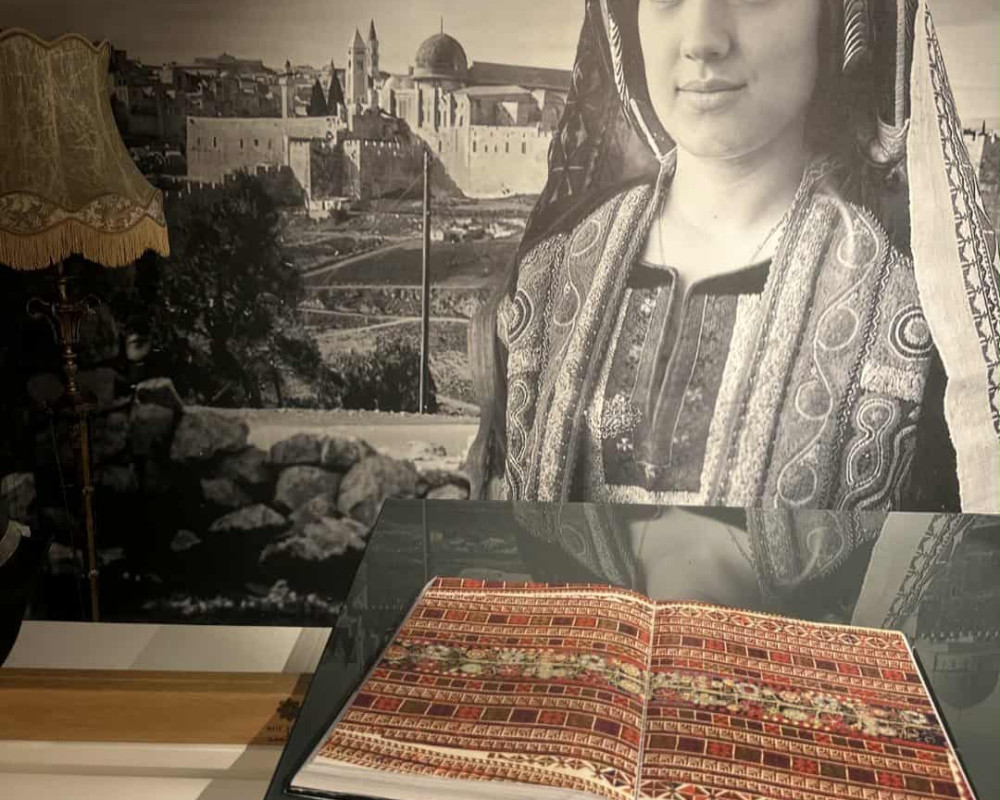
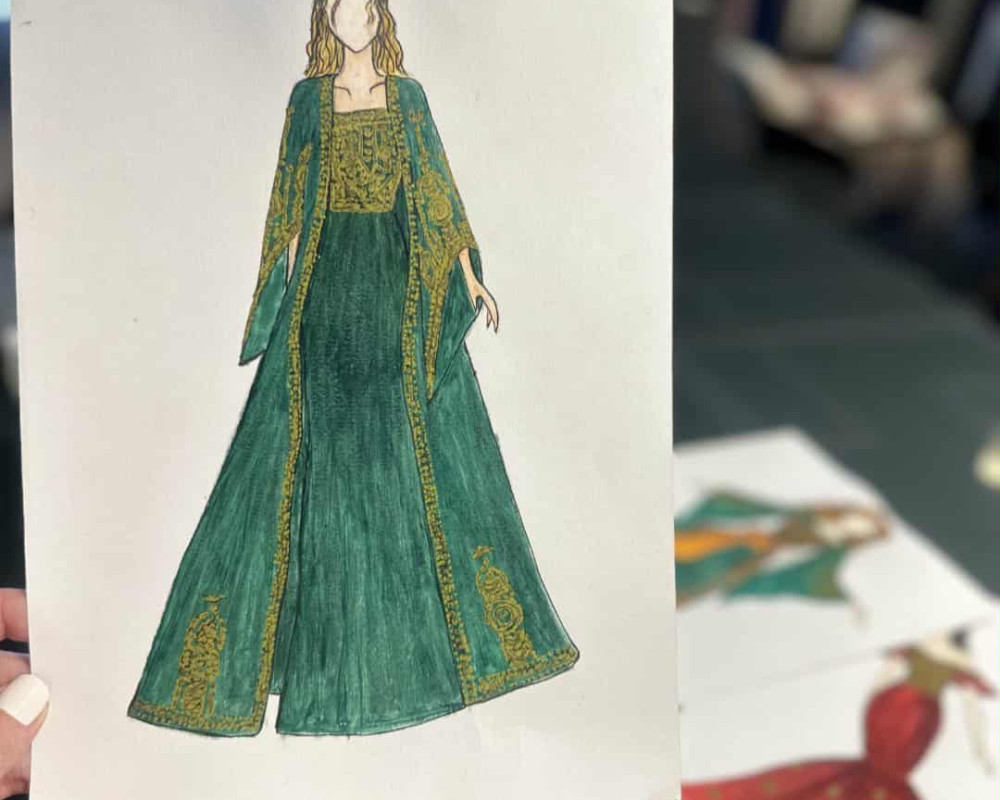
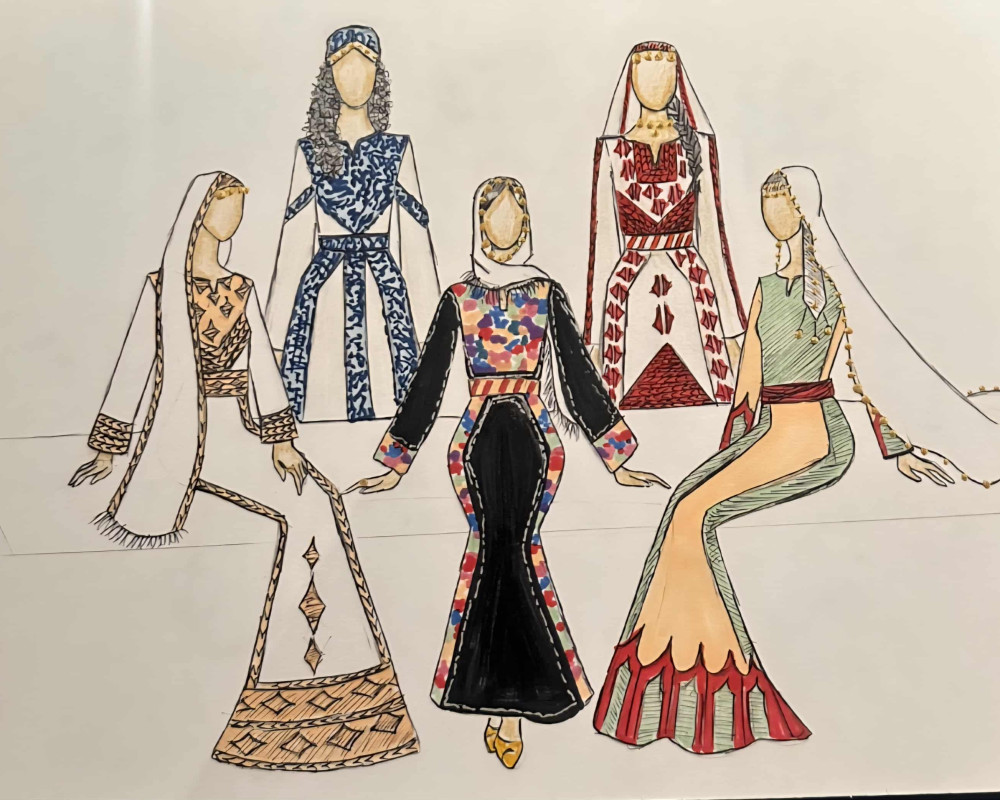
Source link
#Lost #Village #Global #Runways #Designer #Mai #Salameh #Reweaving #Palestines #Memory #Modern #Fashion

